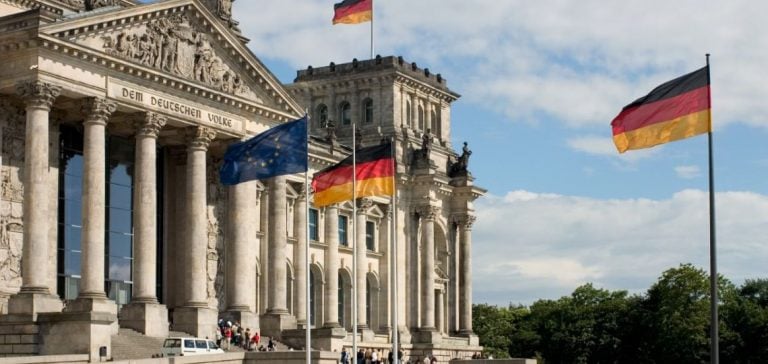Germany has recently approved a vast plan for the creation of a 9,040 km hydrogen network, slightly below the initial proposal of 9,600 km. This ambitious project is part of the country’s commitment to achieving carbon neutrality by 2045. The network will be gradually put into service by 2032, with the first hydrogen flows expected by 2025.
Strategic Objectives of the Energy Transition
The hydrogen network will play a central role in Germany’s strategy to decarbonize its most polluting industrial sectors, including steelmaking and heavy transport. At the same time, it will facilitate the import and export of hydrogen with neighboring countries, further strengthening European integration around this energy source.
Conversion of Natural Gas Infrastructure
A key innovation in this project is the conversion of 60% of existing pipelines, currently used for natural gas transport. This approach allows Germany to reduce costs while speeding up the project’s implementation. In fact, only 40% of the pipelines will be entirely new, optimizing existing resources and minimizing the environmental impact of building new infrastructure.
Project Costs and Financing
The total cost of the project is estimated at 18.9 billion euros, slightly below the initial estimate of 19.7 billion. This reduction is partly due to the optimization of existing infrastructure, but the project still represents a significant investment for the German government and companies. Germany hopes that this infrastructure will attract private investments, especially through European IPCEI (Important Projects of Common European Interest) initiatives, aimed at coordinating subsidies and investments for strategic projects.
European Integration and Cross-Border Cooperation
The German hydrogen network is part of a broader vision of European cooperation. According to Economy Minister Robert Habeck, Germany is working closely with countries like the Netherlands and France to ensure a smooth integration of hydrogen flows across Europe. This cooperation will not only diversify supply sources but also stabilize prices on a continental scale.
Long-Term Prospects
With a transport capacity of 278 TWh of hydrogen per year, this network could be the first step toward a large-scale national energy infrastructure. In addition to supporting domestic production, it will facilitate the import of green hydrogen, particularly from Denmark and the Netherlands. Over time, this infrastructure could be expanded to accommodate other forms of renewable energy, further consolidating Germany’s position as a European leader in the energy transition.






















